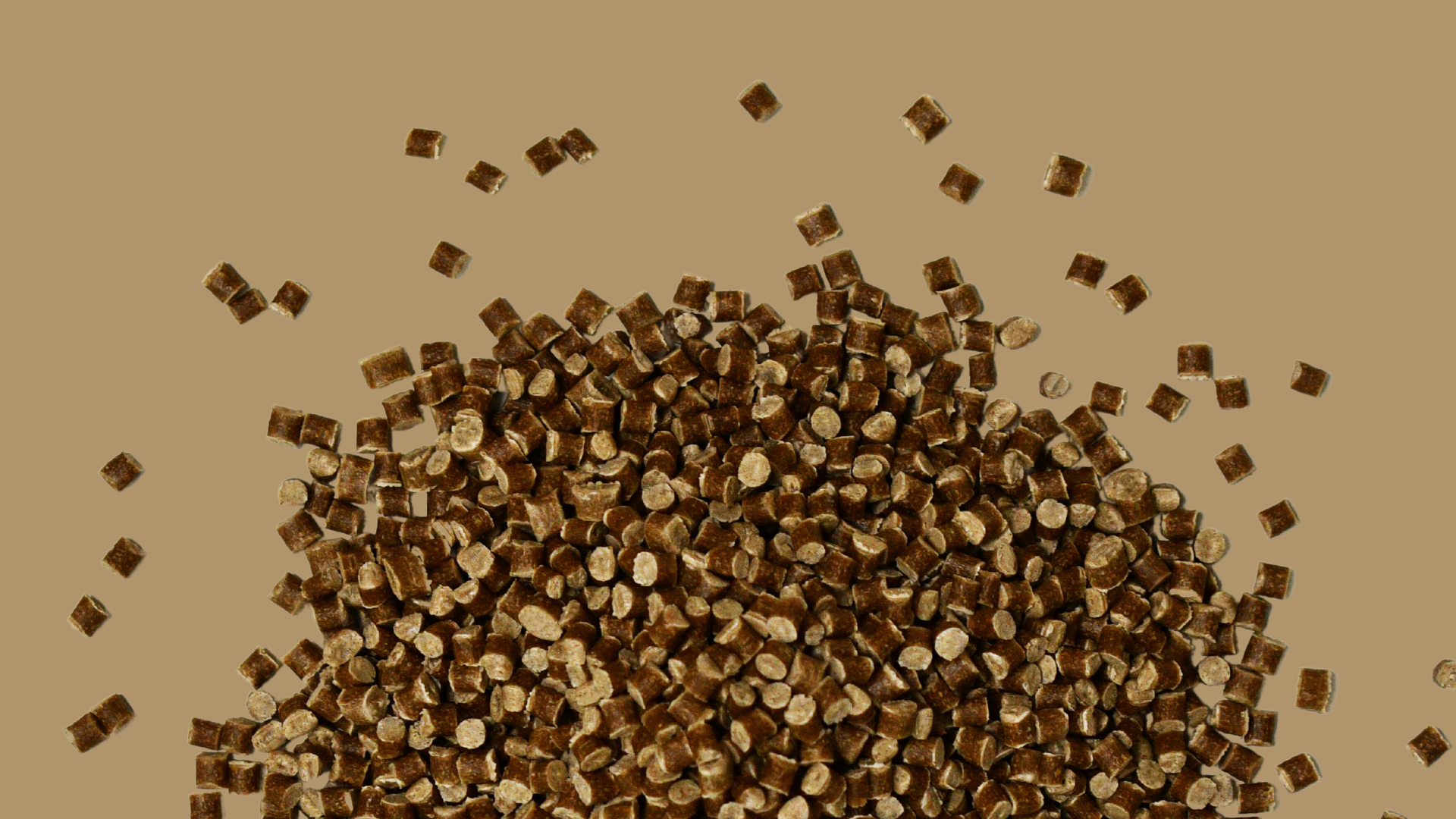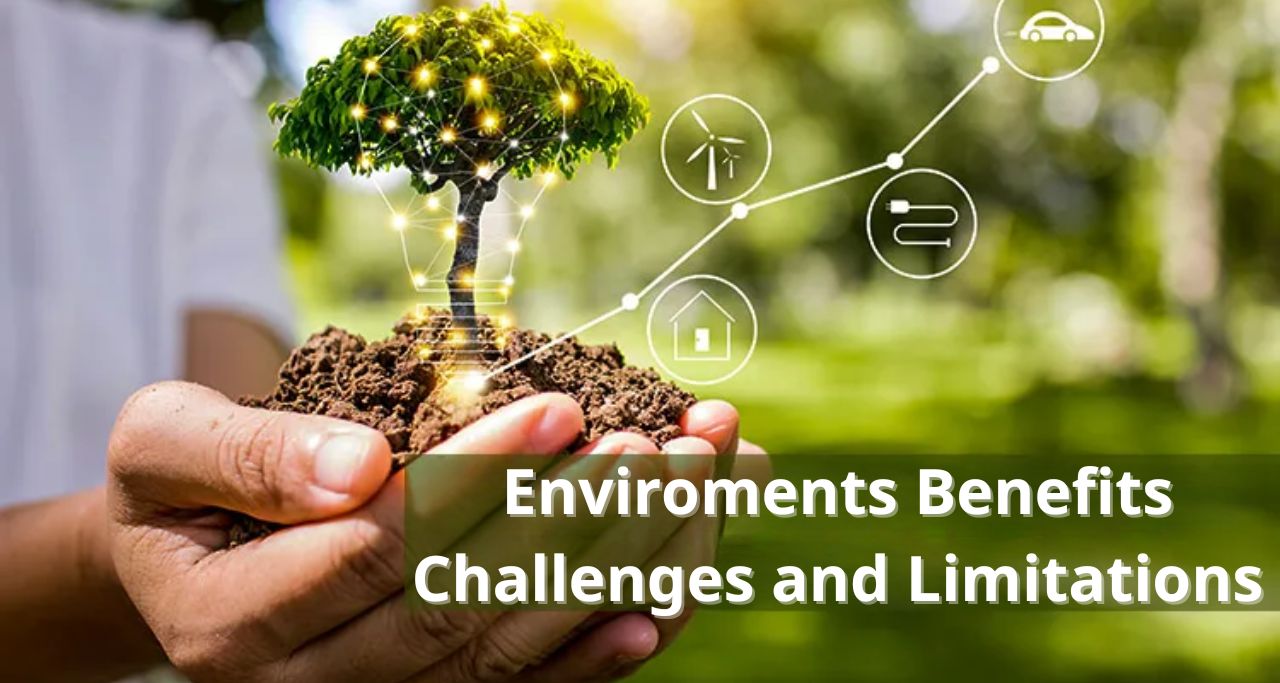Things to Know About Bio-based Plastic Made from Rice Husk

Welcome to our informative blog discussing the topic of "Bio-based Plastic Made from Rice Husk: Key Considerations." In today's era of heightened environmental awareness, it becomes imperative to explore sustainable alternatives to traditional plastic materials. One such remarkable solution is the development of bio-based plastic made from rice husk. This environmentally friendly material presents a multitude of advantages, ranging from a reduced carbon footprint to fostering circular economy practices.
Throughout this blog, we will delve into the intricate aspects of its composition, production process, and diverse applications. We invite you to join us on this enlightening journey as we uncover the fascinating world of bio-based plastic made from rice husk and its significant contributions to a greener future.
What is Bio-based plastic made from Rice Husk
Bio-based plastic made from rice husk is an innovative and sustainable alternative to traditional plastic materials. It is derived from rice husk, the outer layer of rice grains, which is usually considered an agricultural waste product. This bio-based plastic offers numerous environmental advantages and demonstrates the potential of utilizing renewable resources in manufacturing.

Definition and composition of bio-based plastic made from rice husk
bio-based plastic made from rice husk refers to a type of plastic that is primarily made from rice husk and other polymers. The rice husk is processed and combined with natural binders and additives to create a durable and versatile material. This composition ensures that the plastic is predominantly derived from renewable resources, reducing reliance on non-renewable fossil fuels.
Process of transforming rice husk into bio-based plastic
The transformation of rice husk into bio-based plastic involves several steps. First, the rice husk is collected as a byproduct from rice milling processes. It is then cleaned, dried, and finely ground to produce rice husk powder. Next, the powder is mixed with polymers, such as starch or natural resins, as binders. This mixture undergoes extrusion or injection molding processes to shape it into desired forms, such as sheets or pellets.
During the transformation process, the natural binders and additives help enhance the mechanical properties and durability of the plastic. This results in a final product that exhibits good strength, flexibility, and resistance to degradation.
Bio-based plastic made from rice husk offers a sustainable solution to reduce the environmental impact associated with traditional plastics. By utilizing rice husk, an abundant agricultural byproduct, and incorporating biodegradable polymers, this eco-friendly plastic provides a viable alternative for various applications while promoting a circular economy and supporting sustainable practices.
Applications and Versatility

Wide range of applications for bio-based plastic made from rice husk
Bio-based plastic made from rice husk offers a wide range of applications, making it a versatile and sustainable choice for various industries. Its unique properties and eco-friendly nature have caught the attention of businesses seeking to reduce their environmental footprint.
Packaging Industry: bio-based plastic made from rice husk can be used for various packaging applications, including food containers, bags, and wrapping materials. Its durability and flexibility make it an ideal choice for packaging that requires both strength and eco-friendliness.
Consumer Goods: The versatility of bio-based plastic made from rice husk allows for the production of a variety of consumer goods. It can be used to create items such as cups, plates, cutlery, and household products. These products offer a sustainable alternative to single-use plastic items and promote a greener lifestyle.
Automotive Industry: bio-based plastic made from rice husk can also find applications in the automotive sector. It can be used for interior components such as door panels, dashboard trims, and seat backs. The lightweight and durable nature of the material make it suitable for reducing vehicle weight while maintaining structural integrity.
Examples of industries utilizing this material
One notable industry that has embraced bio-based plastic made from rice husk is the packaging industry. Companies like AirX have introduced innovative solutions by producing biodegradable packaging materials made from rice husk.
These materials are used for various packaging applications, including food containers, bags, and wrapping materials. besides, products that can be made from rice husk: cups, amenities, cutlery,...The versatility of bio-based plastic made from rice husk allows for the production of a wide range of products. Cups, plates, and cutlery made from this material offer a sustainable alternative to single-use plastic items. Additionally, amenities such as toiletry containers, cosmetic packaging, and household products can also be manufactured using bio-based plastic made from rice husk.
These examples highlight the potential for bio-based plastic made from rice husk to replace traditional plastics in various industries. By choosing this eco-friendly alternative, businesses can contribute to reducing plastic waste and promoting a more sustainable future.
Challenges and Limitations
While bio-based plastic made from rice husk offers significant environmental benefits, there are some challenges and limitations to consider when using this innovative material.

Potential drawbacks or limitations of bio-based plastic made from rice husk
One challenge is the availability and sourcing of rice husk. The supply of rice husk may vary depending on the geographical location and rice production levels. Ensuring a consistent and sustainable supply of rice husk for large-scale production can be a potential limitation.
Another consideration is the cost of production. The process of transforming rice husk into bio-based plastic requires specialized equipment and technologies, which can contribute to higher production costs compared to traditional plastics. This cost factor may influence the widespread adoption of bio-based plastic made from rice husk.
Addressing challenges and ongoing research
Efforts are underway to address the challenges associated with bio-based plastic made from rice husk. Ongoing research focuses on optimizing the production process to reduce costs and enhance scalability. Innovations in refining and purification techniques aim to improve the quality and consistency of the bio-based plastic.
Additionally, research is being conducted to explore alternative sources of agricultural waste that can be used in bio-based plastic production. This diversification of feedstock can help mitigate potential supply chain limitations and contribute to a more sustainable and circular economy.
Collaborations between industry, academia, and government agencies play a crucial role in addressing challenges and advancing the development of bio-based plastic made from rice husk. By investing in research and development, optimizing production methods, and promoting knowledge sharing, the limitations of bio-based plastic made from rice husk can be overcome.
Despite these challenges, the potential of bio-based plastic made from rice husk to contribute to a more sustainable future remains promising. By continually striving to address limitations and improve production processes, the use of this eco-friendly material can be expanded, leading to a significant reduction in the environmental impact of plastic waste.
Contact us
AirX is the world's first carbon-negative bio-material made from coffee grounds manufacturer.
We specialize in producing bio-based composites using recycled carbohydrates derived from by-products such as coffee grounds, coconut husk, husk, and bamboo. Our goal is to promote sustainability through the use of eco-friendly materials.
We are always here to help and provide the best service possible. If you have any questions or would like to receive advice and feedback directly from our sales staff, please do not hesitate to contact us. You can reach us through:
- Whatsapp: +84 969 742 950
- Email: [email protected]
We look forward to hearing from you!

